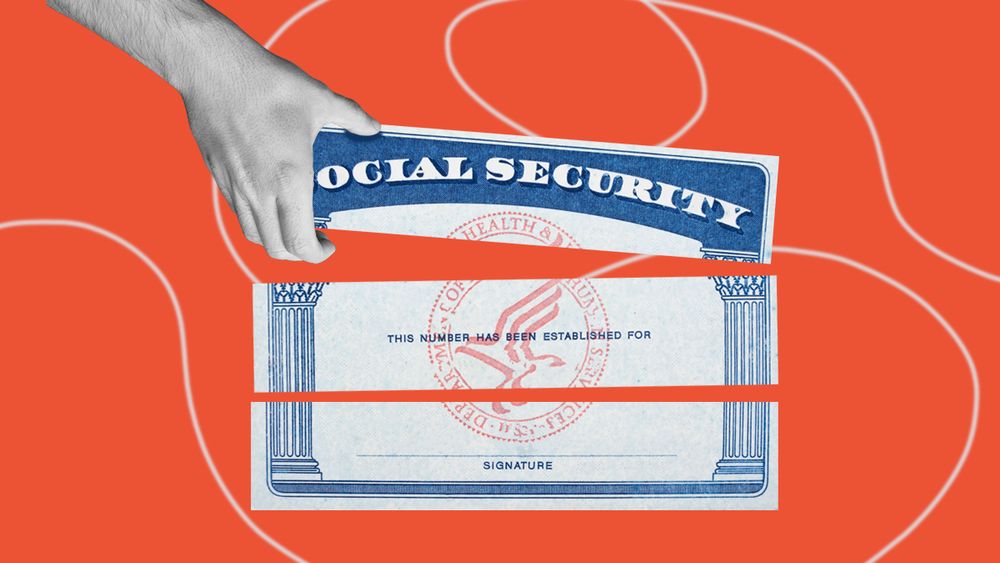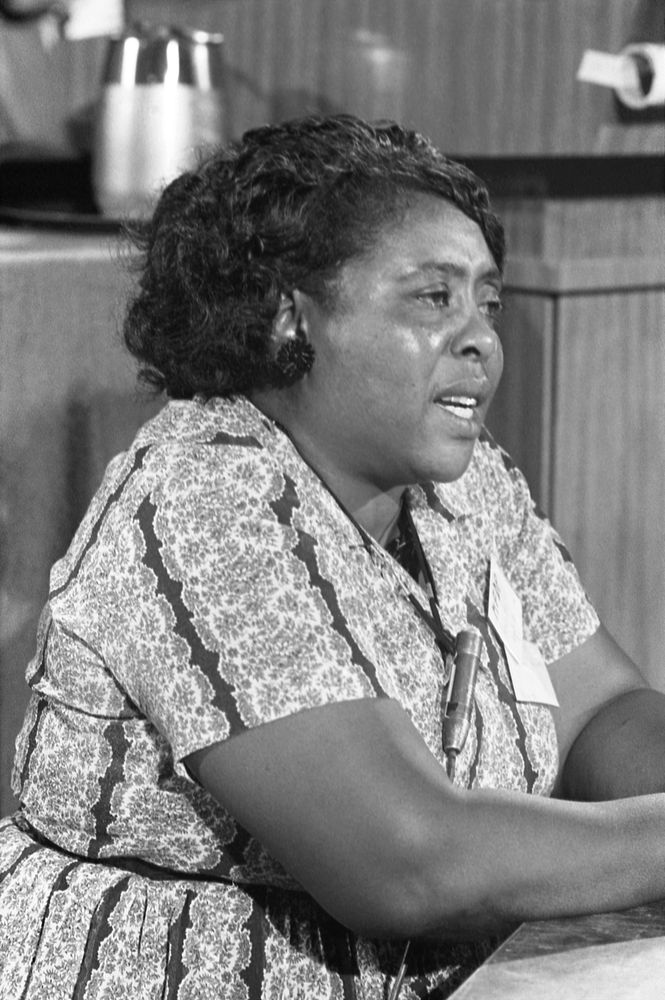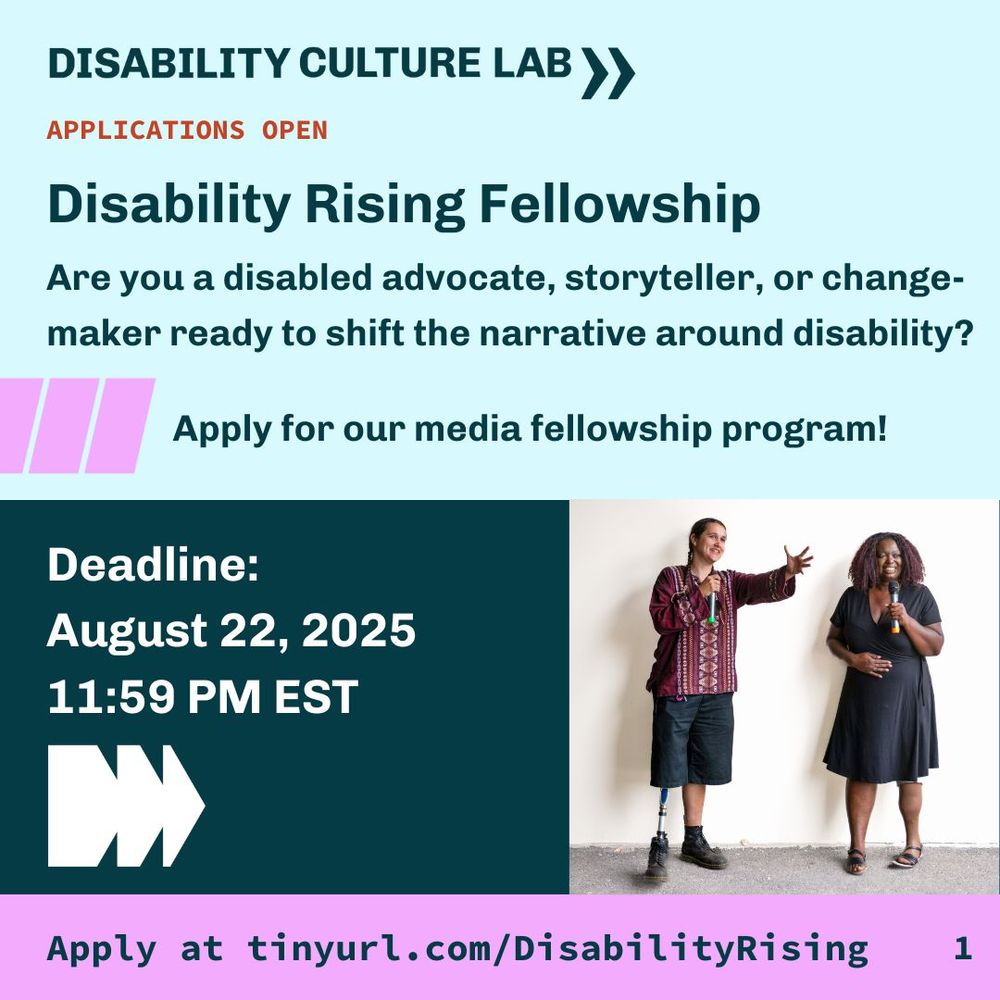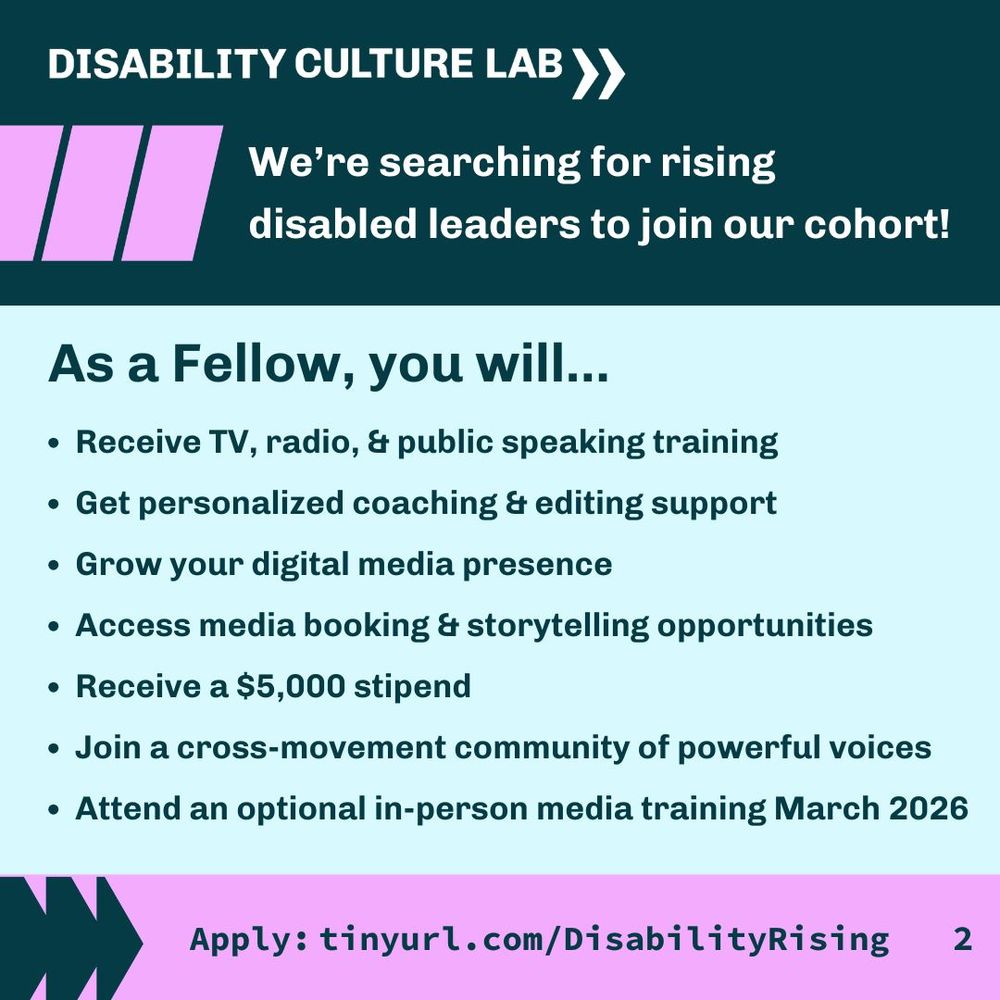Disability & Philanthropy Forum
@disphilanthropy.bsky.social
630 followers
75 following
110 posts
The Disability & Philanthropy Forum is mobilizing philanthropy toward disability justice, rights, and inclusion.
https://linktr.ee/disabilityphilanthropy
Posts
Media
Videos
Starter Packs
Reposted by Disability & Philanthropy Forum
Reposted by Disability & Philanthropy Forum


























